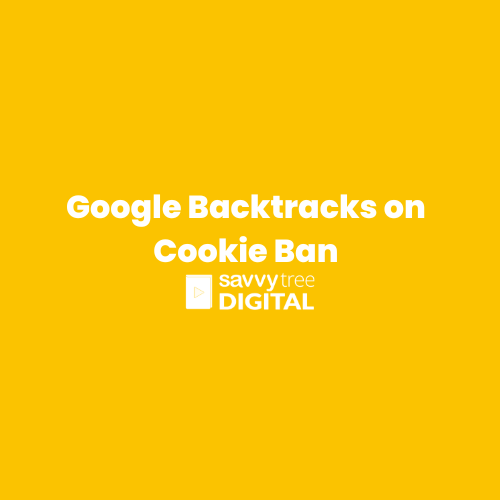In a surprising move that has sent shockwaves through the digital advertising industry and privacy advocates alike, Google has officially abandoned its plans to phase out third-party cookies in its Chrome browser. This decision marks a significant reversal from the company’s initial stance on data privacy and raises questions about the future of online tracking.
The Cookie Conundrum
For years, Google has been under increasing pressure to address concerns about user privacy and the rampant tracking of online behavior through third-party cookies. These tiny text files are used by advertisers to collect data on users’ browsing habits, allowing them to target ads with precision. While this has proven to be a lucrative model for businesses, it has also raised serious privacy implications.
Recognizing the growing backlash, Google announced in 2020 its intention to phase out third-party cookies in its Chrome browser. This move was seen as a major step towards a more privacy-centric internet. However, as the deadline for the cookie ban approached, it became increasingly clear that finding a viable alternative was proving to be more challenging than anticipated.
A Complex Ecosystem
The digital advertising ecosystem is a complex web of interconnected players, including advertisers, publishers, and technology platforms. The cookie-based model has been the backbone of this ecosystem for years. Abruptly eliminating cookies without a suitable replacement risked causing significant disruption to the industry.
Google, facing mounting pressure from advertisers and publishers, ultimately decided to backtrack on its cookie ban. Instead, the company has opted to focus on developing alternative privacy-preserving technologies as part of its Privacy Sandbox initiative.
Implications for Users and the Industry
Google’s decision to maintain the status quo on third-party cookies has both positive and negative implications.
- Advertisers: The continuation of cookie-based tracking is undoubtedly a win for advertisers, who can continue to rely on this method for targeted advertising.
- Publishers: While publishers may benefit from increased ad revenue in the short term, the long-term implications of relying on a tracking-based model are uncertain.
- Users: The decision to maintain third-party cookies is a setback for privacy advocates. Users will continue to be tracked online without their explicit consent, raising concerns about data misuse and surveillance capitalism.
The Road Ahead
Google’s decision to backtrack on its cookie ban is a significant development with far-reaching consequences. While the company has pledged to continue working on privacy-preserving technologies, the road ahead is uncertain. The digital advertising industry is at a crossroads, and it remains to be seen whether a sustainable and privacy-respectful model can emerge.

